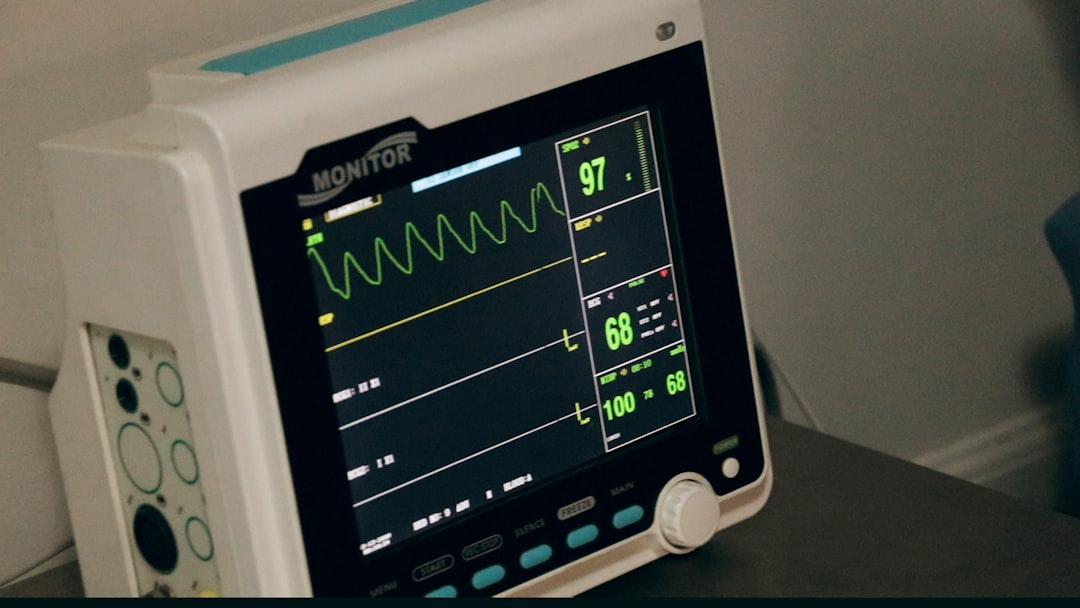What is it about?
Develop and validate prediction models of Aβ positivity for aMCI using optimal interpretable machine learning (ML) approaches utilizing multimodal markers.We recruited 529 aMCI patients from multiple centres who underwent Aβ PET. We trained ML algorithms using a training cohort (324 aMCI from Samsung medical center) with two-phase modelling: model 1 included age, gender, education, diabetes, hypertension, apolipoprotein E genotype, and neuropsychological test scores; model 2 included the same variables as model 1 with additional MRI features. We used four-fold cross-validation during the modelling and evaluated the models on an external validation cohort (187 aMCI from the other centers).
Featured Image

Photo by Steven HWG on Unsplash
Why is it important?
Amyloid (Aβ) evaluation in amnestic mild cognitive impairment (aMCI) patients is important for predicting conversion to Alzheimer’s disease. However, Aβ evaluation through amyloid positron emission tomography (PET) is limited due to high cost and safety issues
Perspectives
Our results suggest that ML models are effective in predicting Aβ positivity at the individual level and could help the biomarker-guided diagnosis of prodromal AD.
Hyejoo Lee
Sungkyunkwan University
Read the Original
This page is a summary of: Machine Learning for the Prediction of Amyloid Positivity in Amnestic Mild Cognitive Impairment, Journal of Alzheimer s Disease, March 2021, IOS Press,
DOI: 10.3233/jad-201092.
You can read the full text:
Resources
Contributors
The following have contributed to this page










